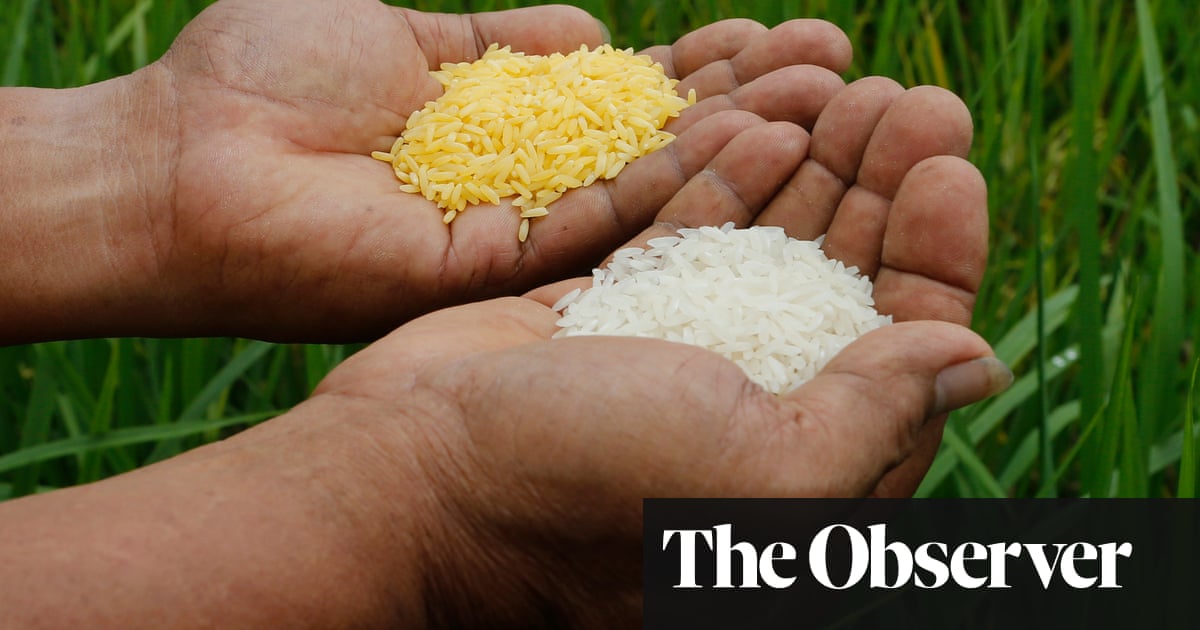Thousands of children could die after court backs campaign group over GM crop in Philippines, scientists warn
Scientists have warned that a court decision to block the growing of the genetically modified (GM) crop Golden Rice in the Philippines could have catastrophic consequences. Tens of thousands of children could die in the wake of the ruling, they argue.
The Philippines had become the first country – in 2021 – to approve the commercial cultivation of Golden Rice, which was developed to combat vitamin A deficiency, a major cause of disability and death among children in many parts of the world.
But campaigns by Greenpeace and local farmers last month persuaded the country’s court of appeal to overturn that approval and to revoke this. The groups had argued that Golden Rice had not been shown to be safe and the claim was backed by the court, a decision that was hailed as “a monumental win” by Greenpeace.
Many scientists, however, say there is no evidence that Golden Rice is in any way dangerous. More to the point, they argue that it is a lifesaver.



The issue is that none of those have the energy density of nuclear power. A single mid-sized nuclear plant can power a small city, where that same city would need at least a half-dozen solar farms around the area (assuming there’s enough cleared land to support it - rooftop solar can offset, but it generally will not replace mains power), or tons of wind turbines (again, subject to area - not every place is a good candidate). Geothermal and hydroelectric are subject to that same issue - you can’t place them anywhere, there are very specific requirements to get one up and running.
I agree we should work towards 100% green energy, but nuclear is an effective option dollar-for-dollar and acre-for-acre until we figure out a good way to increase energy density of wind or solar to a point where we don’t need enormous tracts of land dedicated to them in order to support places where people live.